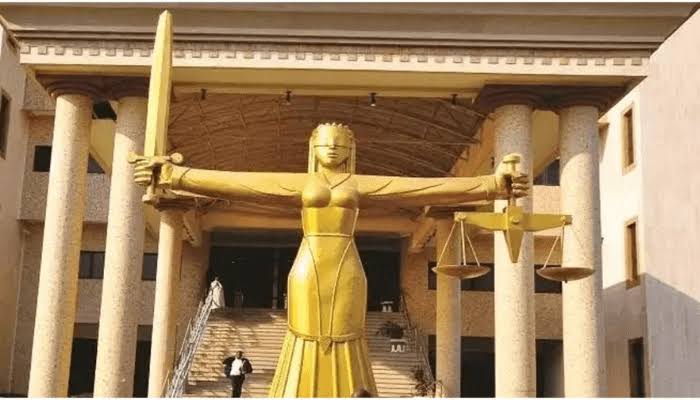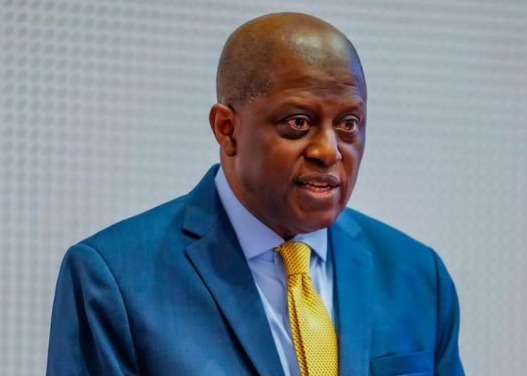The Federal High Court in Abuja has fixed November 12, 2025, to rule on Binance Holdings Limited’s application seeking to set aside what it describes as the “purported substituted service” of the Federal Inland Revenue Service’s (FIRS) $81 billion tax and economic loss suit against it.
Gatekeepers News reports that Justice Umar Mohammed announced the date after hearing arguments from Chukwuka Ikwuazom (SAN), counsel for Binance, and S.E. Maliki, who represented the FIRS.
The Federal Government, through the FIRS, is demanding that Binance pay $79.5 billion and ₦231 million for alleged economic losses caused by its operations in Nigeria, as well as $2 billion in unpaid income tax for 2022 and 2023.
These claims include a 10% penalty for non-payment of income tax and a 26.75% annual interest rate, reflecting the Central Bank of Nigeria’s prevailing lending rate.
FIRS vs Binance: Dispute Over Substituted Service
In the suit filed by Kanu Agabi (SAN) on behalf of the FIRS, Binance and two of its executives — Tigran Gambaryan and Nadeem Anjarwalla — are accused of violating Nigerian tax laws by failing to register with the FIRS and allegedly concealing business operations despite maintaining a “significant economic presence” in the country.
Agabi told the court that repeated attempts to serve Binance directly had failed, prompting an application for substituted service — a legal procedure allowing documents to be delivered through alternative means when direct service is not possible.
Justice Ekwo had earlier granted the FIRS’s request, directing that service be effected within seven days via email.
Binance Challenges Validity of Service
At Monday’s hearing, Ikwuazom urged the court to set aside both the order and the substituted service itself, arguing that Nigerian law only allows substituted service on a foreign entity when the foreign government or its court certifies that previous service attempts have failed.
He further claimed that the email address used for service — Eleanor-huges@binance.com — does not belong to Binance’s General Counsel, Eleanor Hughes, or any other company officer, rendering the service invalid.
The FIRS, in a counter-affidavit filed on April 14, dismissed Binance’s claims as false and misleading. Litigation officer Ishaya Isuwa argued that Binance lacks a registered office in the Cayman Islands but maintains “significant economic activity” within Nigeria through its online platform.
Isuwa also maintained that Eleanor Hughes is indeed Binance’s General Counsel and has previously communicated with Nigerian authorities on legal matters, making the substituted service valid.
Proceedings and Next Steps
During the proceedings, Ikwuazom urged the court to nullify the ex parte order on substituted service, while FIRS counsel Maliki argued that the service complied with Nigerian law and urged the court to dismiss Binance’s application.
After hearing both sides, Justice Mohammed adjourned the matter to November 12 for ruling. The decision is expected to clarify what constitutes valid substituted service on foreign entities conducting digital operations in Nigeria.
Background
Binance also faces separate cases before Justice Emeka Nwite, where the FIRS and Economic and Financial Crimes Commission (EFCC) have charged the company with tax evasion, money laundering, and foreign exchange violations. Binance has denied all allegations.
The outcome of these ongoing cases could have far-reaching implications for how Nigeria regulates foreign digital platforms operating within its borders.







